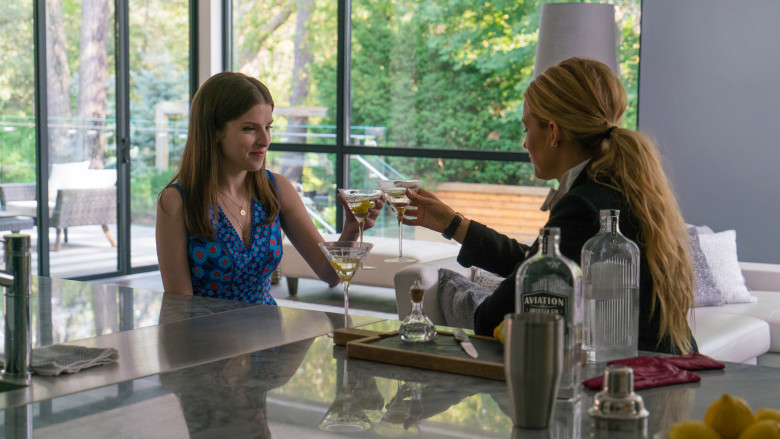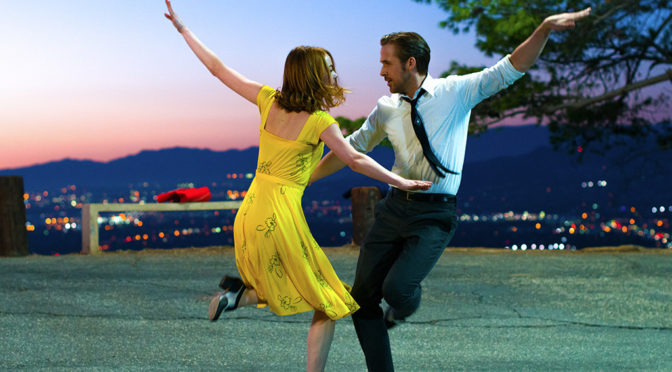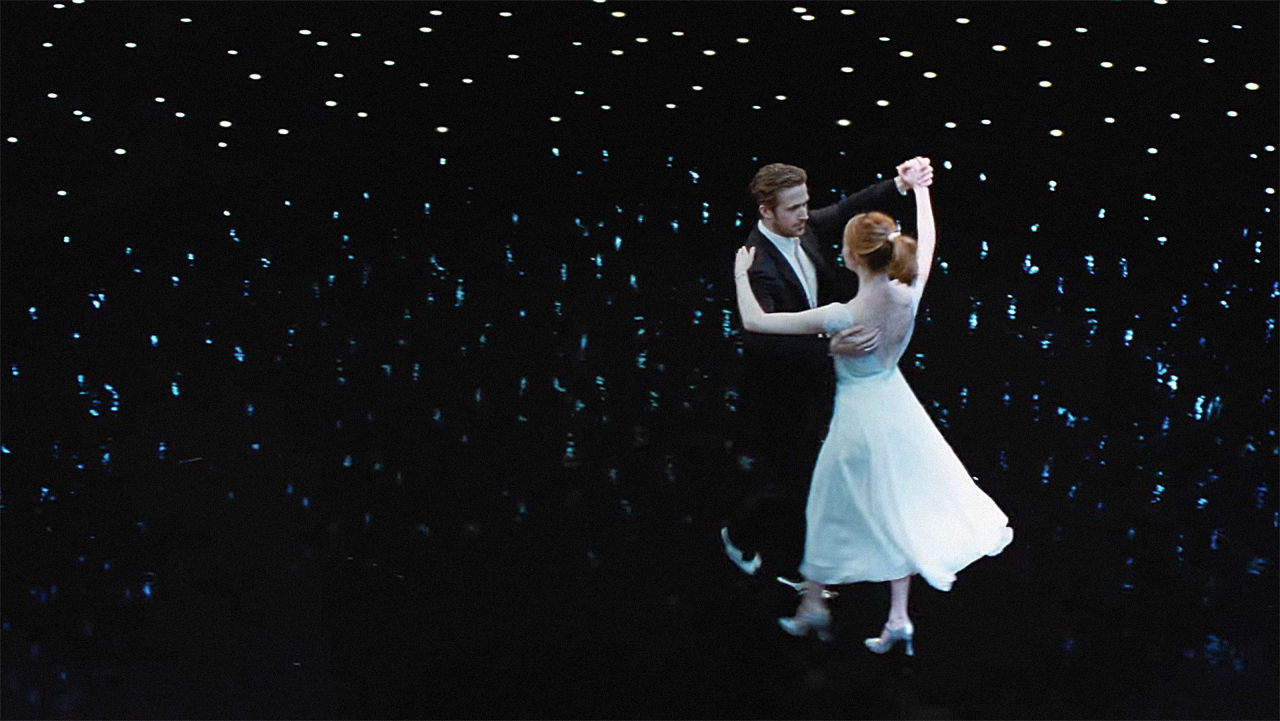This one is a doozy. A hyper-involved mommy vlogger named Stephanie (Anna Kendrick; The Last Five Years) befriends a wealthy working mom named Emily (Blake Lively; Gossip Girl) when their two children ask for a playdate. The women become close until one day Emily asks Stephanie to pick up her son from school and is never heard from again. No one, not Stephanie, not Emily’s employer, and not her husband Sean (Henry Golding; Crazy Rich Asians) has any idea where she could be or what could have happened to her.
The film deftly holds the delicate balance between thriller and comedy. Director Paul Feig is known for his comedic works with hits such as Bridesmaids and Spy, but this outing borders on camp in the best way possible. The screenplay is full of outrageous story beats that may have been too much to believe on their own but by embracing the ridiculousness, Feig gives the film a playful tone. He overemphasizes character tropes with scenes like Emily’s tough businesswoman being introduced with a slow motion strut worthy of a professional wrestling entrance. Feig’s last film, the Ghostbusters reboot, suffered from what appeared to be too much onset improvisation. Here he has his actors stick much closer to the script.
Even the side characters are memorable. It’s as if the writer, Jessica Sharzer (working from the novel), forgot that they were supposed to be in the background and instead wrote them to be as interesting as the leads. There is a trio of fellow “moms” (one of them is a dad) from the school that offer their own color commentary and are tangentially connected to the plot in hilarious ways. The main investigator pops off snarky quips during his questioning, despite being on a missing persons case, and it all comes together to create a film that is constantly entertaining.

Lively delivers a strong performance as someone with more to her than meets the eye, but it is Kendrick that steals the film. Her Stephanie can jump from awkward to funny to determined and resourceful without it ever feeling schizophrenic. She also plays the perky, overeager parent with becoming irritating. Unlike similar characters in other movies, Stephanie’s interest in helping out at school and making the perfect dinner comes from a genuine desire to be a great mom and she doesn’t hold it over the other parents. Kendrick is a terrific actress that has unfortunately spent most of her time being the standout performance in otherwise mediocre films. It is far past time that she be allowed a meatier role and this is finally it. She manages to make Stephanie convincing as she goes from stay-at-home mom to super sleuth and does so while always being endearing and funny. Let’s hope this is the start of many more interesting roles for her.
To a certain extent, A Simple Favor is a self-aware genre film like Adam Wingard’s You’re Next. The difference being that rather than riffing on horror, it draws influence from soap operas and female-targeted melodramas like The Hand That Rocks the Cradle. It takes these starting points and furthers their already ludicrous plot turns to create a thriller that is equal parts twisty, pulpy, and, more than anything else, riotous fun.

4/5 stars.



